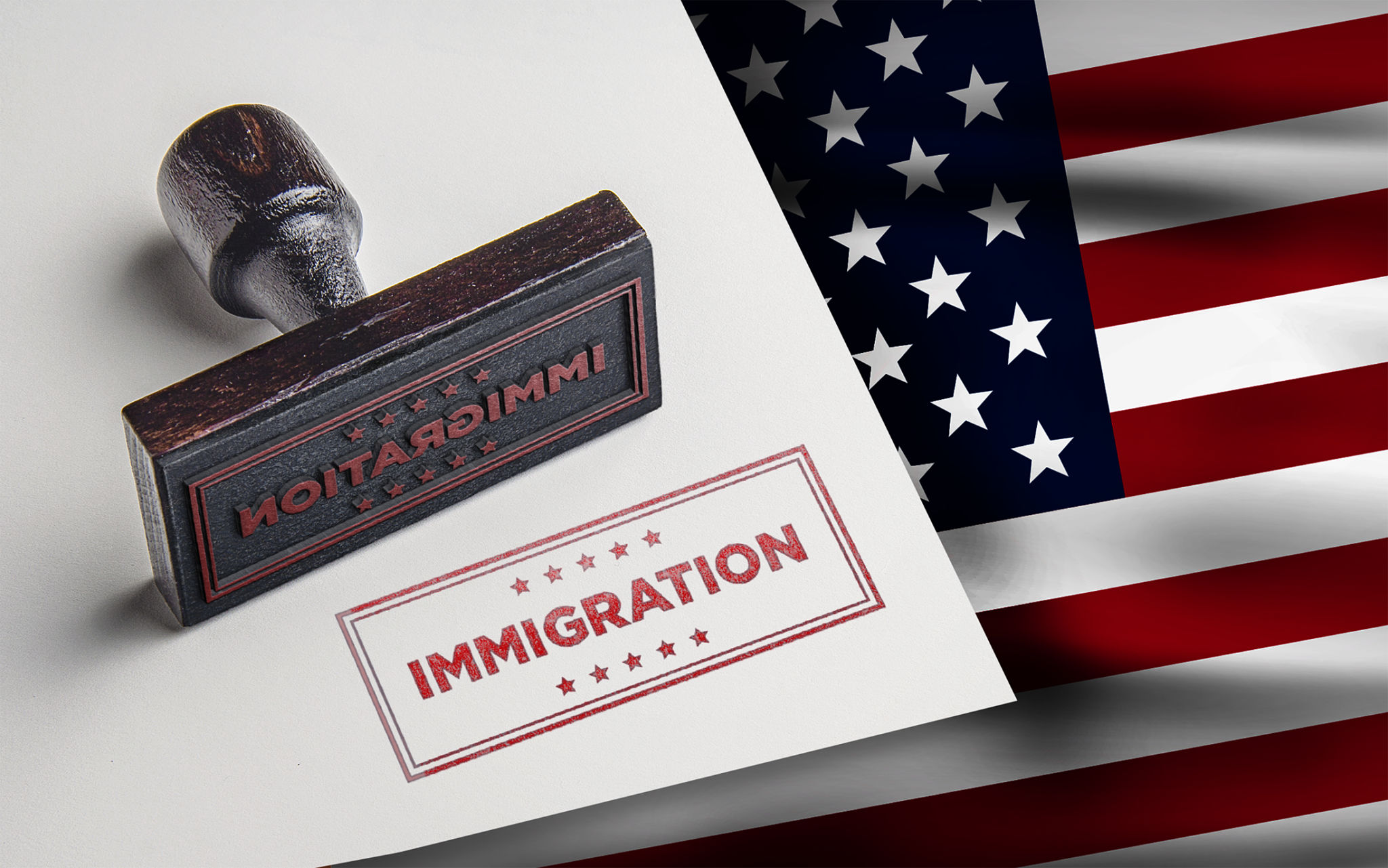Navigating the Complexities of International Shipping: Tips for Businesses
Understanding the Basics of International Shipping
International shipping can be a daunting task for businesses venturing into global markets. The process involves multiple steps, including packaging, documentation, logistics, and compliance with international regulations. Understanding the basic framework of international shipping is crucial for any business looking to expand its reach beyond domestic borders.
Shipping internationally involves a series of logistical challenges that require meticulous planning and execution. From choosing the right shipping carrier to understanding customs regulations, each step can significantly impact the timely and cost-effective delivery of goods. Therefore, gaining a comprehensive understanding of these elements is essential for smooth operations.

Choosing the Right Shipping Carrier
The choice of a shipping carrier can greatly influence the efficiency and cost of international shipping. Businesses must evaluate carriers based on factors such as delivery speed, shipping costs, reliability, and customer service. Partnering with a reputable carrier ensures that goods are delivered safely and on time.
It’s important to consider the specific needs of your business when selecting a carrier. For instance, if speed is a priority, express couriers might be the best option. Meanwhile, for businesses focused on cost-saving, sea freight can be a more economical choice. Evaluating these options carefully can lead to better decision-making in selecting the right carrier for your business.
Navigating Customs Regulations
Customs regulations are one of the most complex aspects of international shipping. Each country has its own set of rules and requirements for imports and exports. Understanding these regulations is crucial to avoid delays and additional costs. Businesses should ensure that all necessary documentation is prepared accurately and submitted on time.

Working with customs brokers can alleviate some of the burdens associated with navigating these regulations. These professionals specialize in handling customs documentation and can provide valuable insights into the import/export requirements of different countries. Their expertise can help businesses avoid costly mistakes and streamline the customs process.
Packaging for International Shipping
Proper packaging is critical to protect goods during international transit. Depending on the nature of your products, you may need to invest in specialized packaging materials to ensure safety. Consider factors such as durability, weight, and environmental conditions when selecting packaging solutions.
Adhering to international packaging standards can also help prevent customs issues. Ensuring that packaging is compliant with regulations in both the shipping and receiving countries will facilitate smoother transportation and customs clearance processes.

Managing Shipping Costs
Shipping costs can quickly add up, impacting the overall profitability of international sales. To manage these expenses effectively, businesses should explore various cost-saving strategies, such as consolidating shipments or negotiating better rates with carriers.
Implementing technology solutions like shipping management software can also aid in monitoring expenses and optimizing shipping processes. These tools provide valuable insights into cost trends and help businesses make informed decisions to minimize shipping expenditures.
Leveraging Technology for Efficiency
Incorporating technology into your international shipping strategy can greatly enhance efficiency. Automated systems for tracking shipments, managing inventory, and processing orders can streamline operations and reduce errors.

Furthermore, technology can provide real-time visibility into the status of shipments, enabling businesses to address potential issues proactively. By investing in the right technological tools, businesses can improve their overall shipping performance and customer satisfaction.
Building Strong Relationships with Partners
Establishing strong relationships with logistics partners, such as freight forwarders and customs brokers, is essential for successful international shipping. These partners play a crucial role in navigating complex shipping routes and ensuring that goods reach their destination efficiently.
Maintaining open communication and collaborating closely with these partners can lead to more effective problem-solving and improved shipping outcomes. Building trust and reliability within these partnerships will contribute significantly to the success of your international shipping operations.